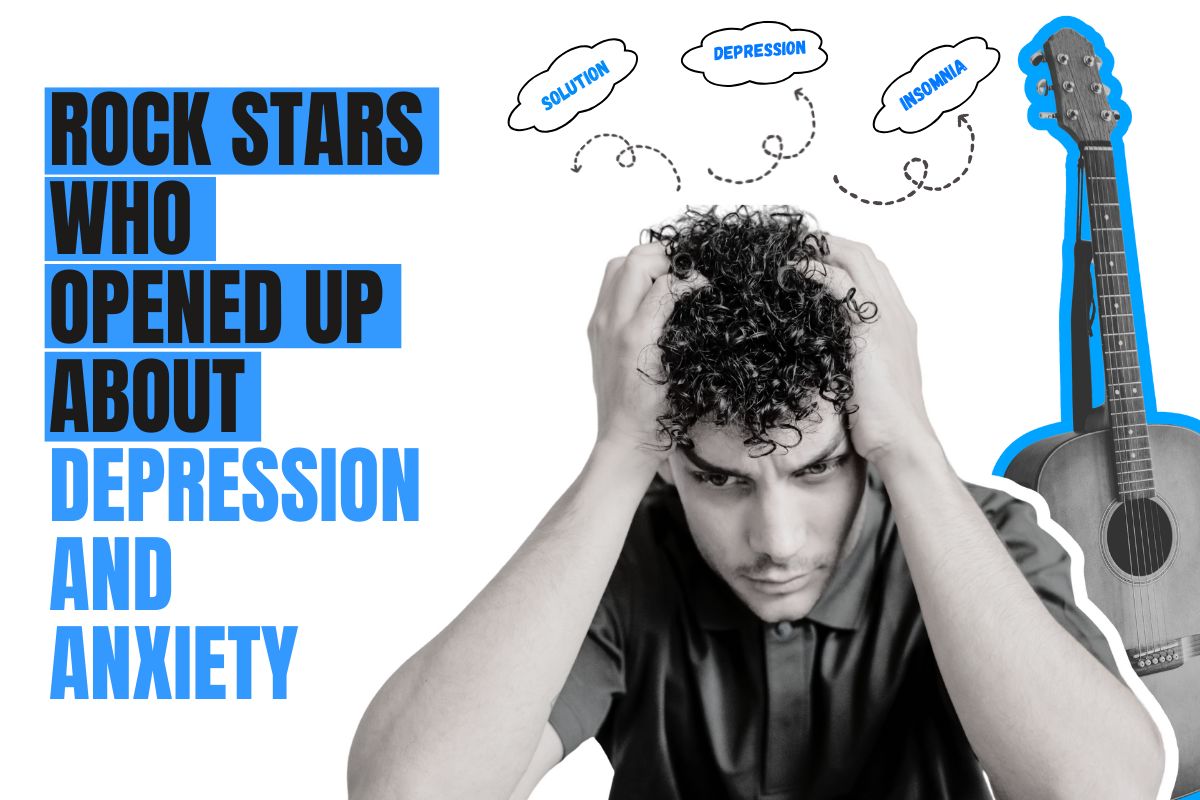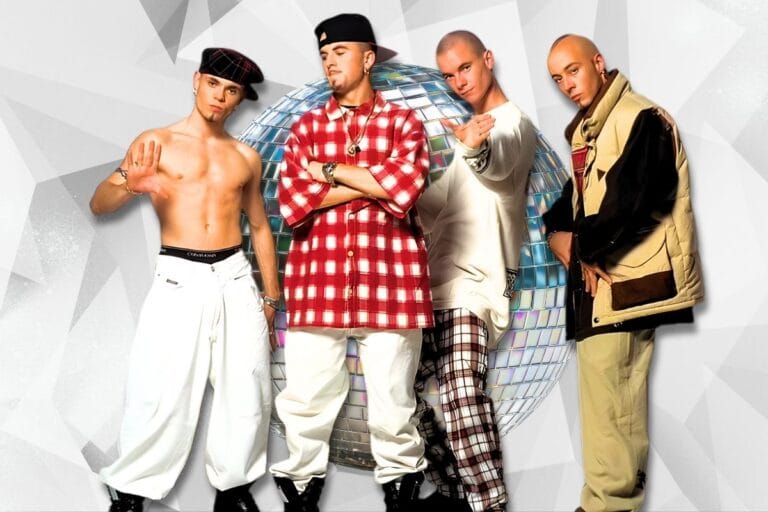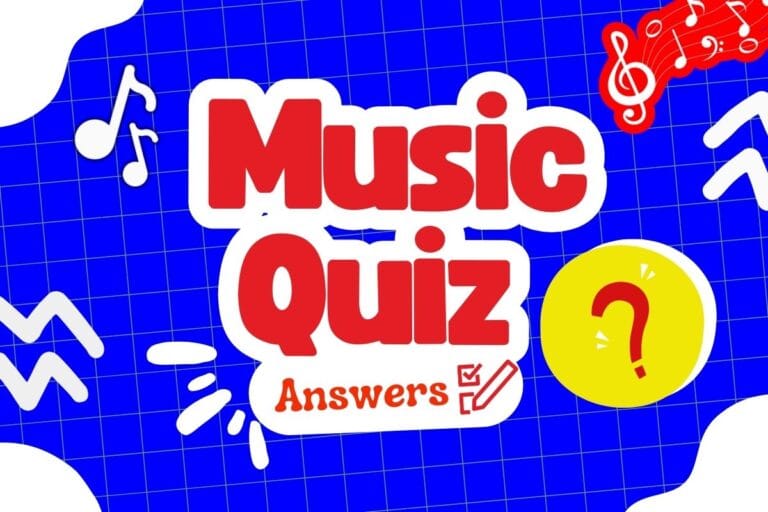Rock music has always had that loud, rebellious edge. But behind the noise, the screaming guitars, and the sold-out crowds, some of its biggest names have quietly battled something far tougher than any critic or record deal their own mental health.
These artists didn’t grow up dreaming of sharing their struggles. But over time, many did. And honestly? It’s helped more than we probably know.
Let’s talk about some of the rock stars who’ve spoken up about depression and anxiety without filters, without the sugar-coating.
Dave Grohl

If you’ve ever watched a Foo Fighters gig, you’d think Dave Grohl runs on pure joy. He’s all energy. All charm. But after Kurt Cobain died, he hit a wall.
There’s a moment he talks about in interviews, sitting in silence, unsure what to do next. Foo Fighters became a kind of survival tool. He didn’t plan it. He needed it.
In this BBC feature, Dave shared that his life felt like an out-of-the-body experience. That’s heavy stuff.
Billie Joe Armstrong
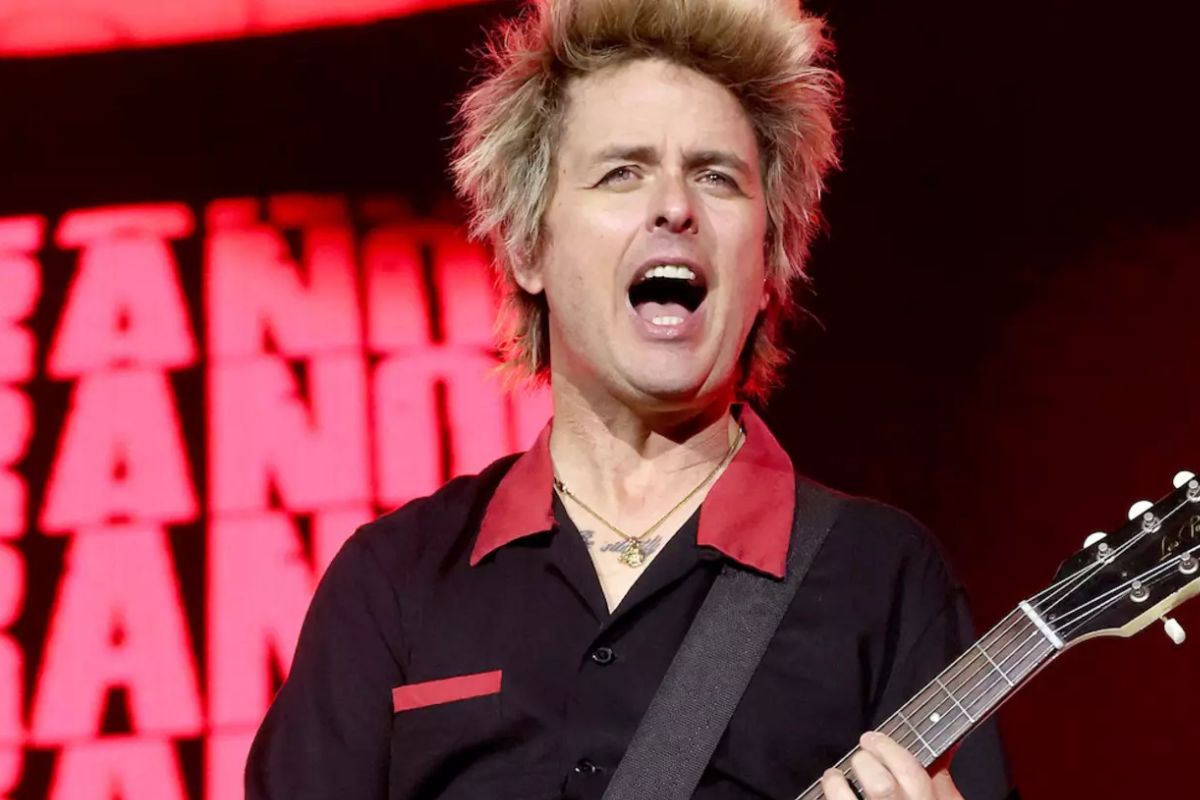
Green Day’s frontman isn’t all eyeliner and power chords. Billie Joe Armstrong has said flat out he’s struggled. Bad days. Real confusion about who he was. Even while millions were singing his lyrics.
He discussed his struggles in this interview. It wasn’t just burnout. It was identity. He didn’t recognise the guy in the mirror.
What got him through? Writing. Talking. Time. And a bit of letting go.
Chester Bennington
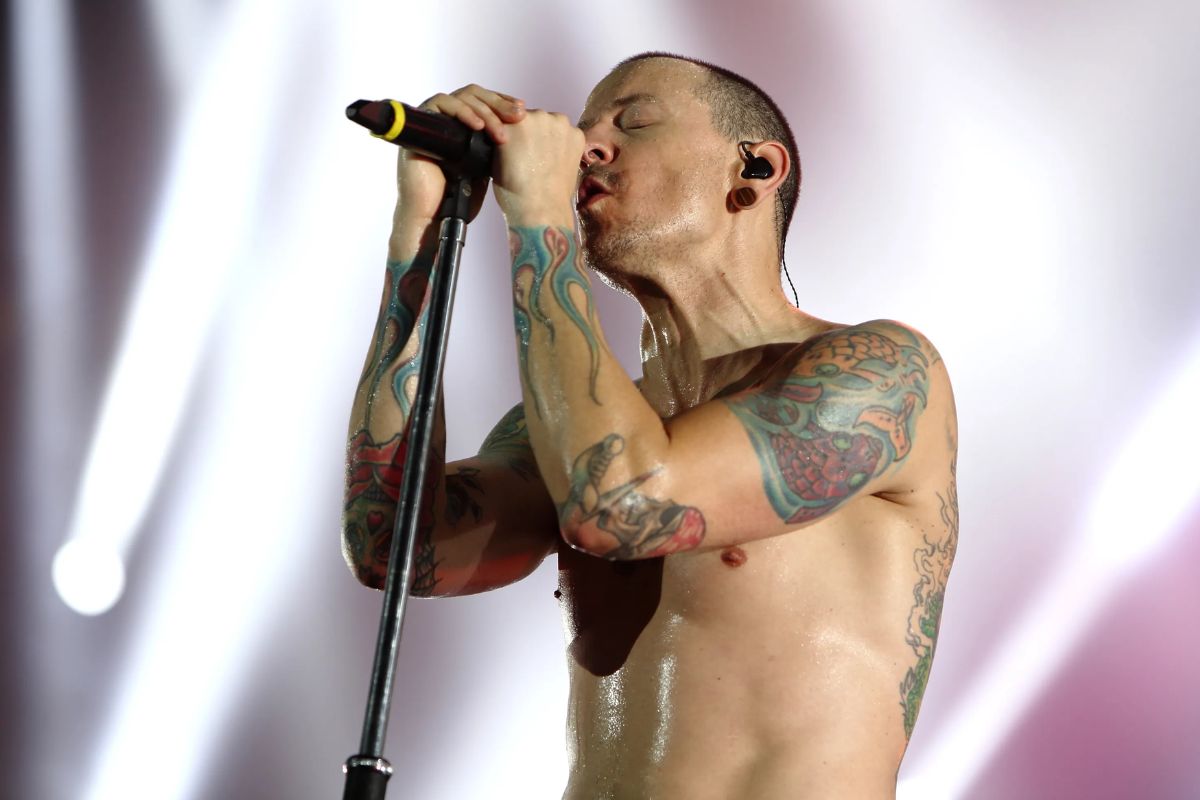
Chester Bennington didn’t just write about pain. He lived it. His lyrics? They weren’t metaphors. They were confessions.
He’d spoken about trauma from childhood. About addiction. About the dark thoughts that wouldn’t leave him alone. And in interviews, he wasn’t vague. He told the truth even when it made people uncomfortable.
If you really listened to his music, it didn’t come from nowhere. He was screaming for help long before the world realised.
Yungblud
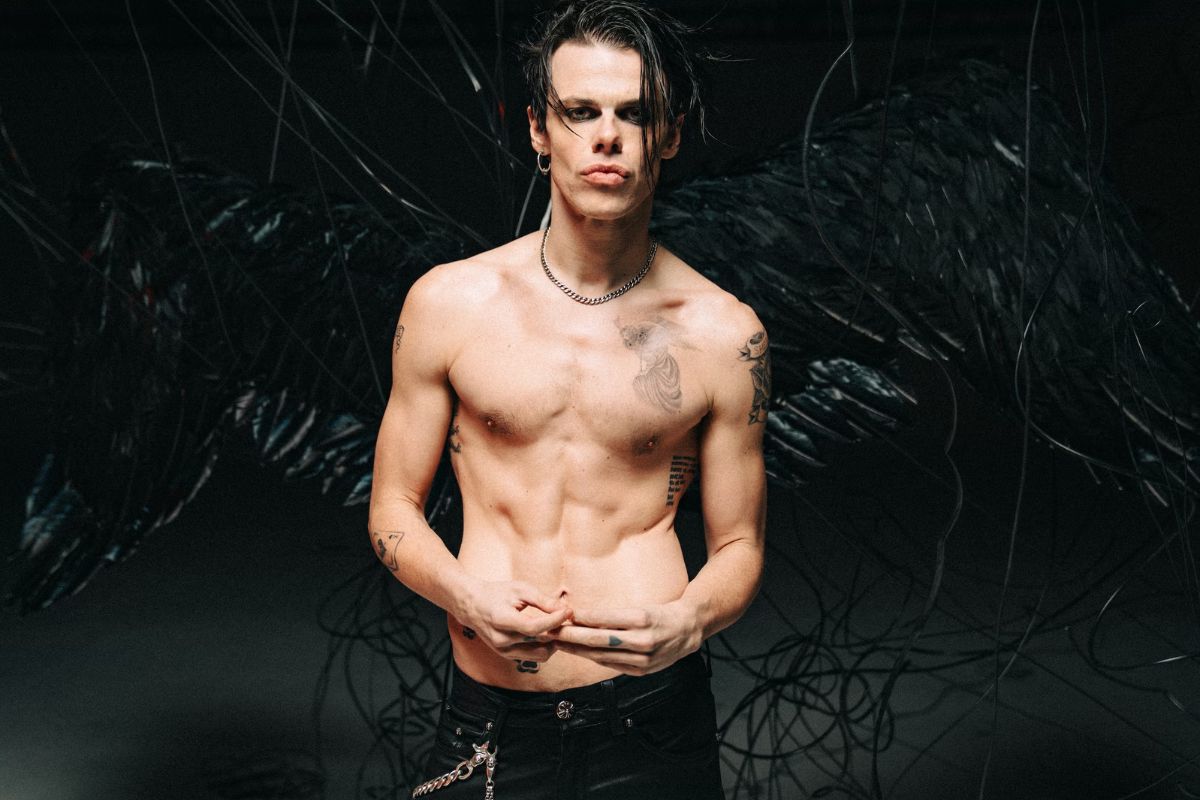
Dom Harrison, aka Yungblud, doesn’t hold back. He never has. ADHD, anxiety, and confusion it’s all in the open.
He talks fast. Moves faster. And underneath that energy? There’s a lot of pain. Rejection, bullying, and the feeling of never quite belonging. But instead of shutting down, he shouts it out loud.
Frank Turner
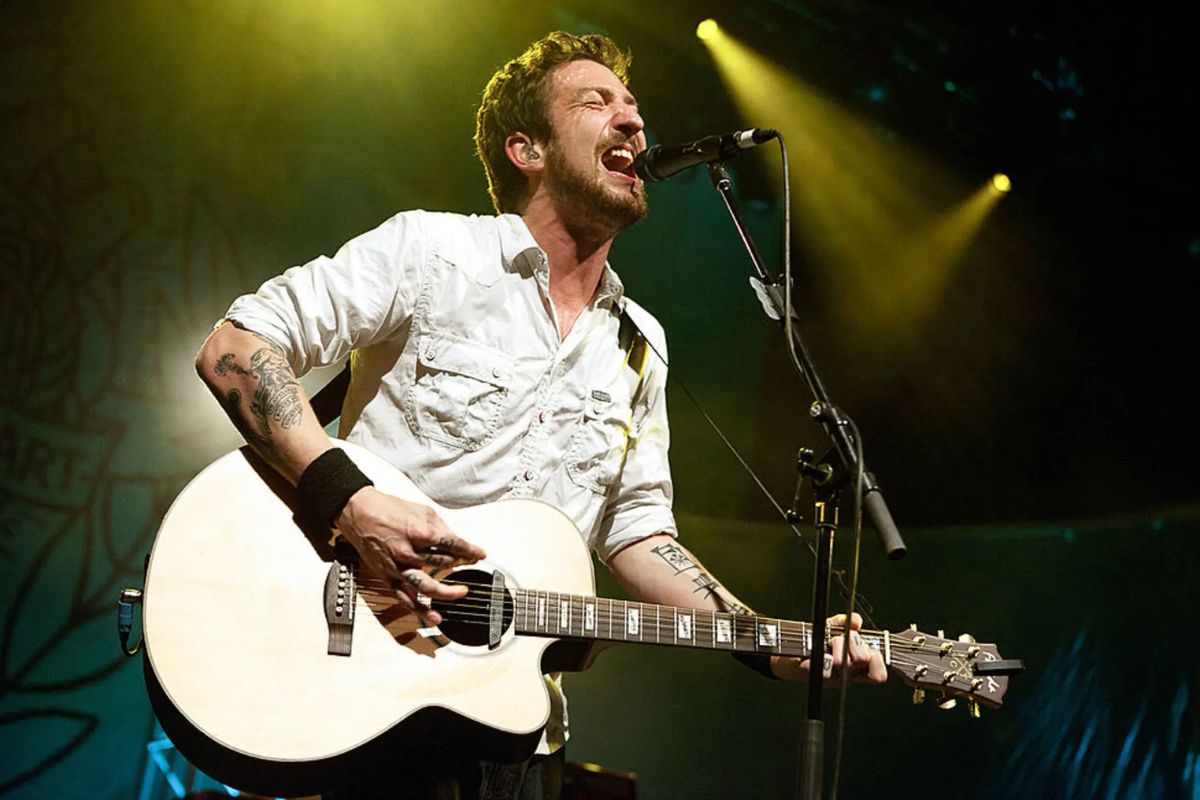
You’ve probably heard Frank Turner on a late night, when things feel a bit too quiet. His voice has that kind of weight.
Frank’s opened up about anxiety and drinking. He’s also said that being on the road, constantly moving was his way of avoiding stillness. Because sometimes, standing still makes it harder to ignore the stuff inside.
In his talk with CALM, he talked about how mental health is important.
Brian Molko
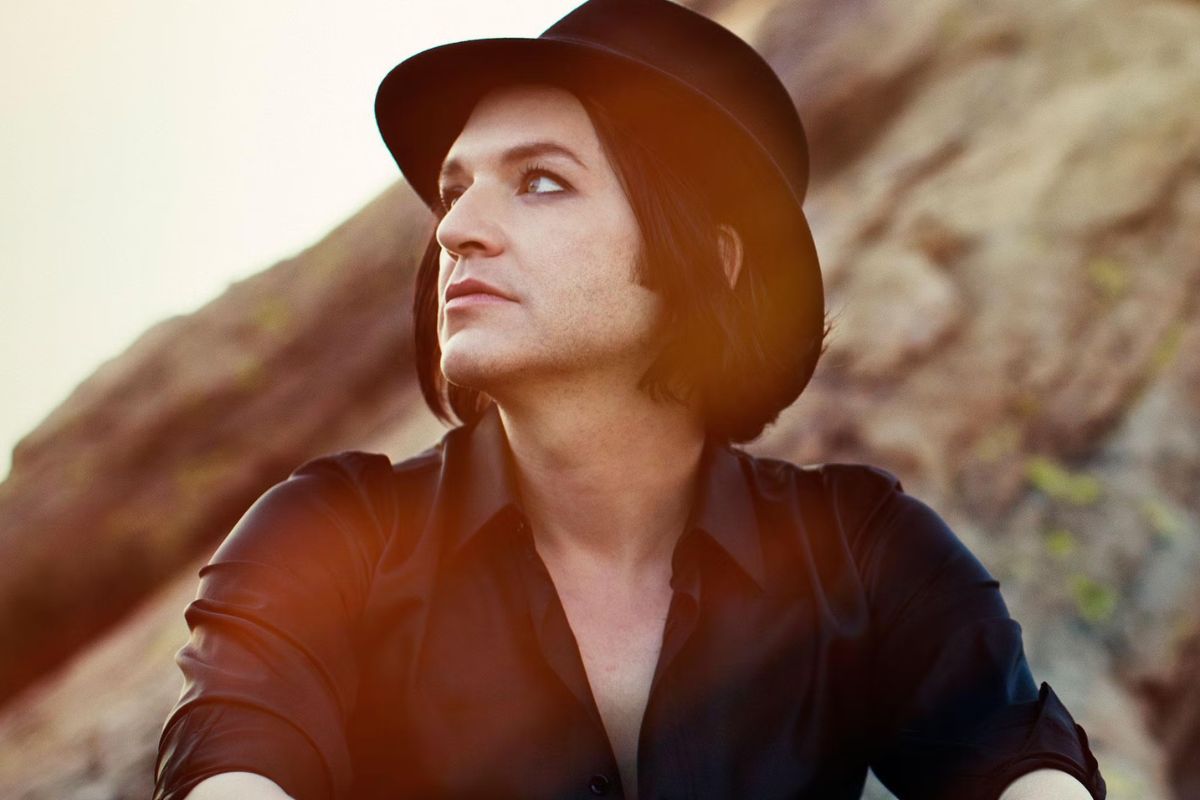
Brian Molko has always looked like someone who doesn’t care what you think. But that doesn’t mean he hasn’t been through it.
Placebo’s music? It was ahead of its time. Long before “mental health” was in headlines, he was writing about identity, shame, and trauma. And it wasn’t a theatre. It was personal.
Lewis Capaldi
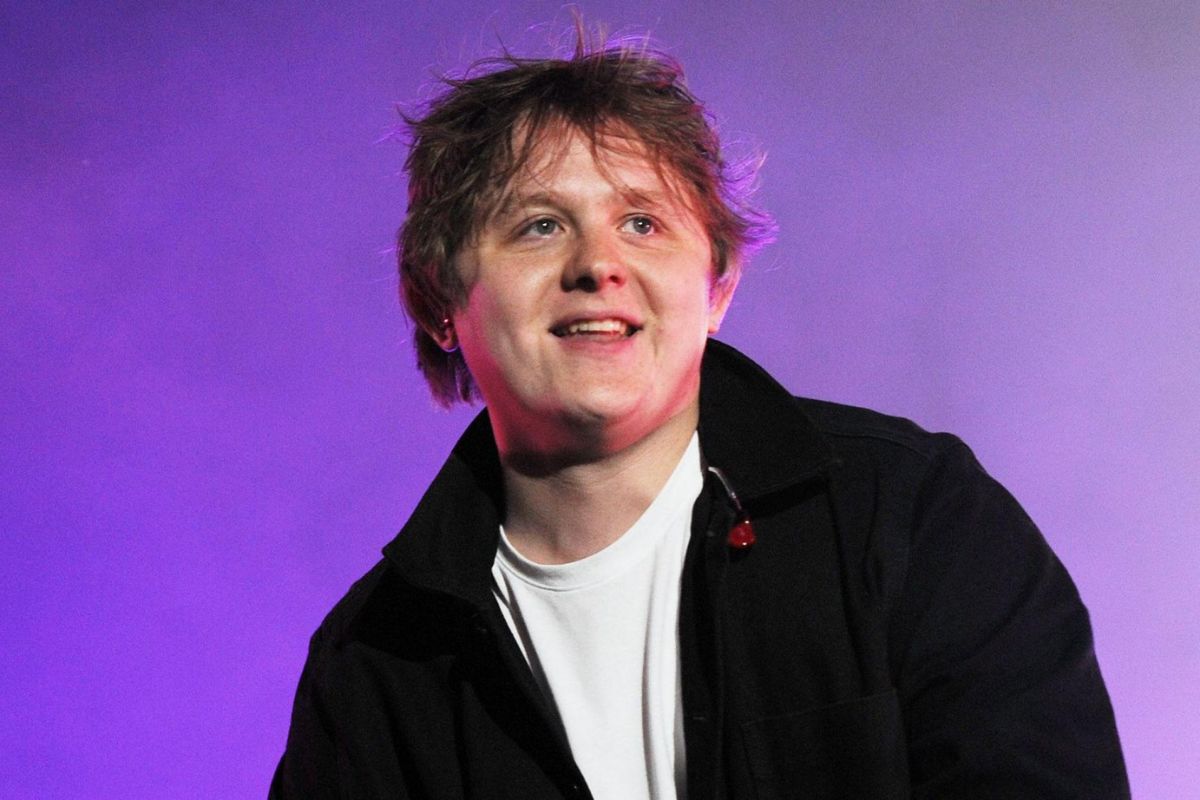
You already know Lewis Capaldi for the sad songs and awkward humour. But there’s a reason he connects with people so deeply.
He’s talked often with surprising honesty about panic attacks, anxiety, and living with Tourette’s. He doesn’t dress it up. Doesn’t try to seem brave. He just tells it how it is.
Why This All Matters
Rock stars aren’t superheroes. They’re just people with a lot of noise around them. And when they say, “I’ve had dark days,” it gives us permission to admit the same.
It’s not about being perfect. It’s about being real. And honestly? That’s more powerful than any stage light or record deal.
These stories remind us that pain doesn’t make you weak. Silence does. And the more we talk about this stuff, the more likely someone out there will stay another day.
If You’re in the UK and Need Someone to Talk To
- Mind – offers help, advice, and support in your area
- Samaritans – free 24/7 helpline: 116 123
- CALM – support for people facing tough times
- YoungMinds – help for teens and their parents
- Mental Health Foundation – simple tips for protecting your mental health
Healing doesn’t come overnight. Some days are going to be good, and some are going to be tough. But sharing your story, asking for help, or just knowing that others have been where you are it all makes a difference.
Final Thoughts
The biggest lesson? Saying “I’m not okay” doesn’t make you weak. It takes guts. Healing isn’t a straight line. Some days you’ll feel better, and some days you won’t. But sharing what you’re going through, even a little bi,t makes a difference.
So if you’re reading this and feeling overwhelmed, remember: your feelings matter. It’s okay to ask for help. There are people ready to listen. And you don’t have to go through it alone.
Because behind every rock anthem, there’s a story of struggle and also hope. And that hope is for all of us.

